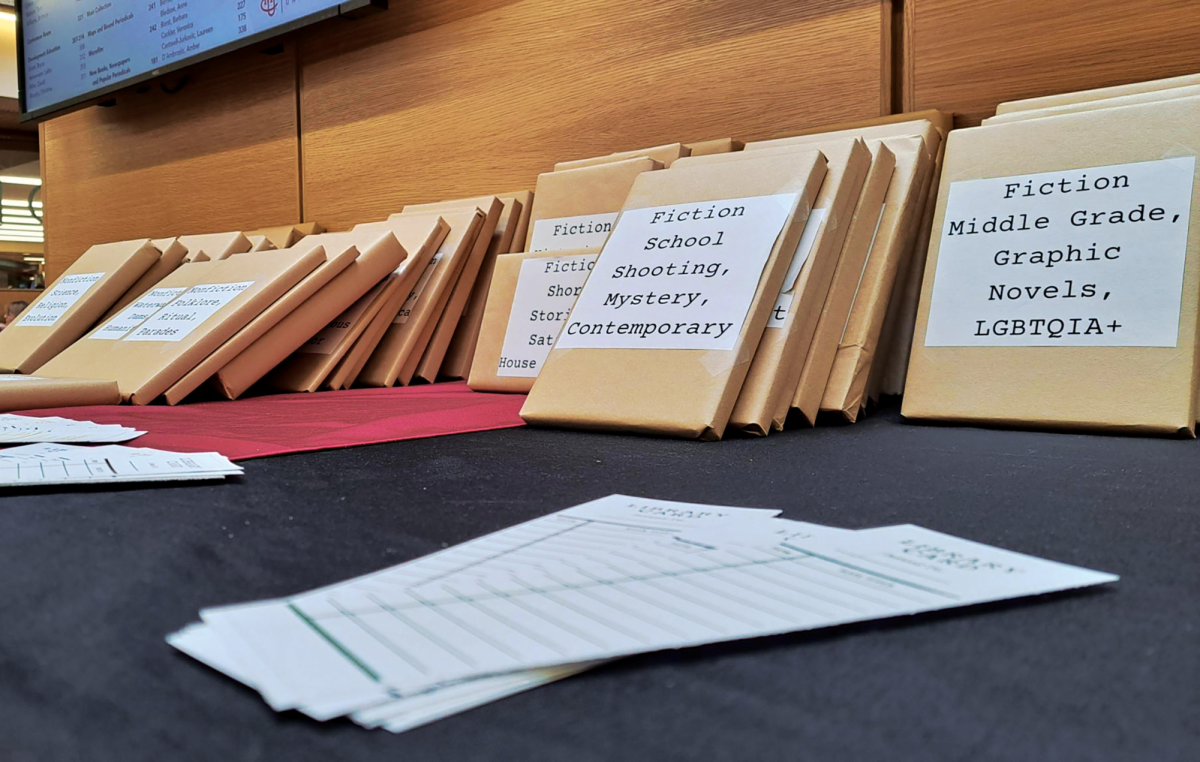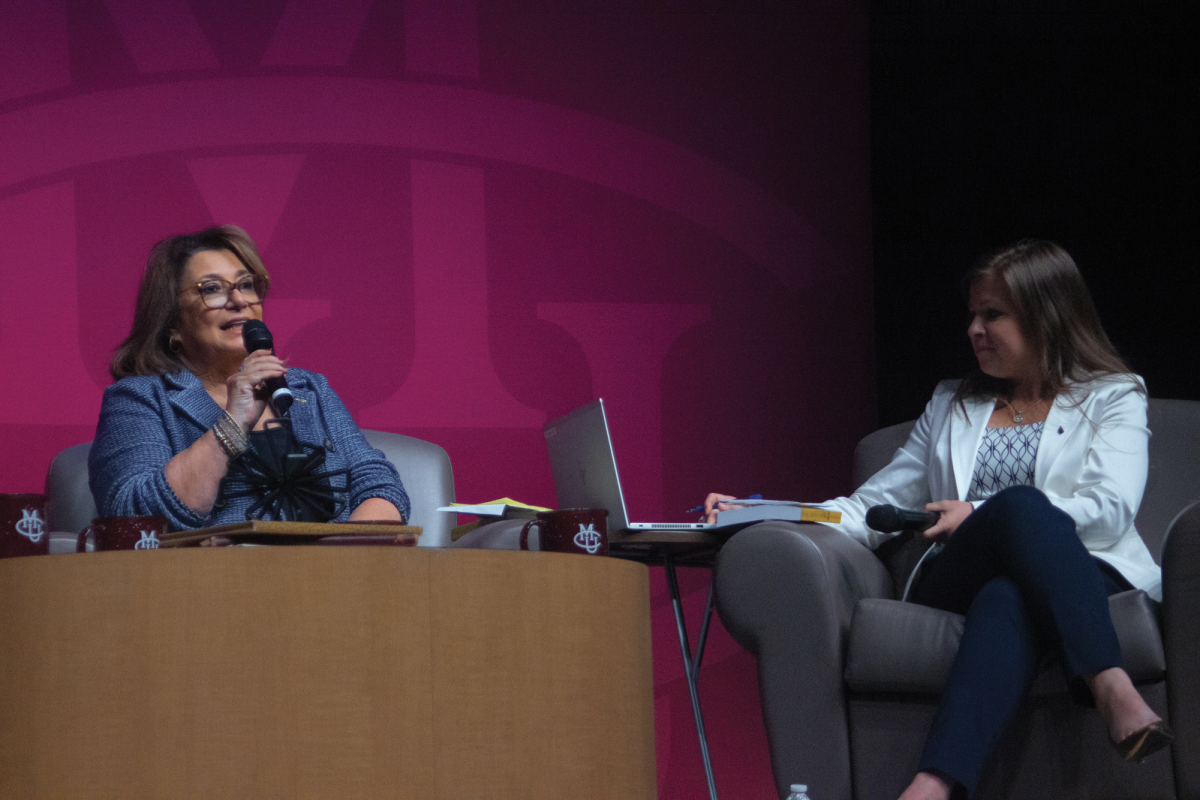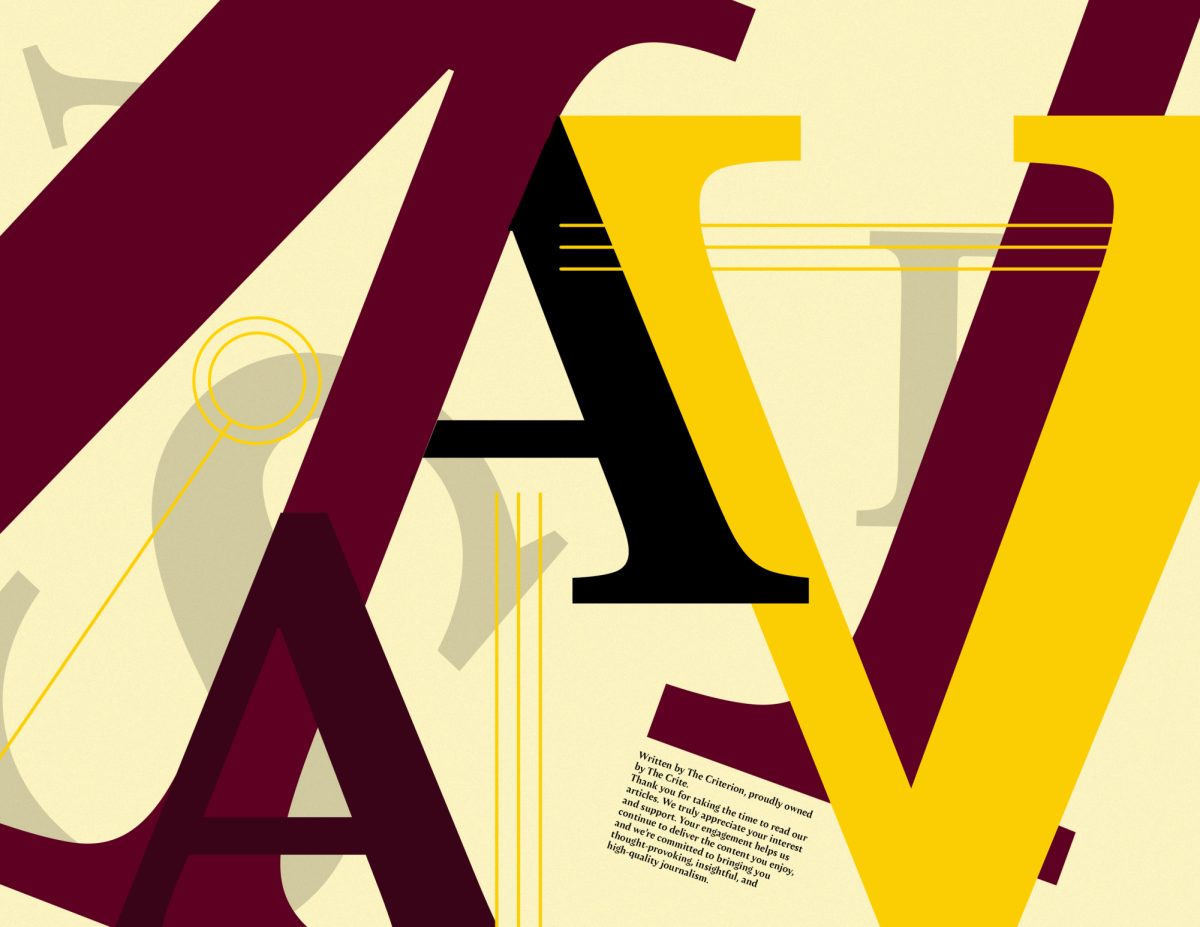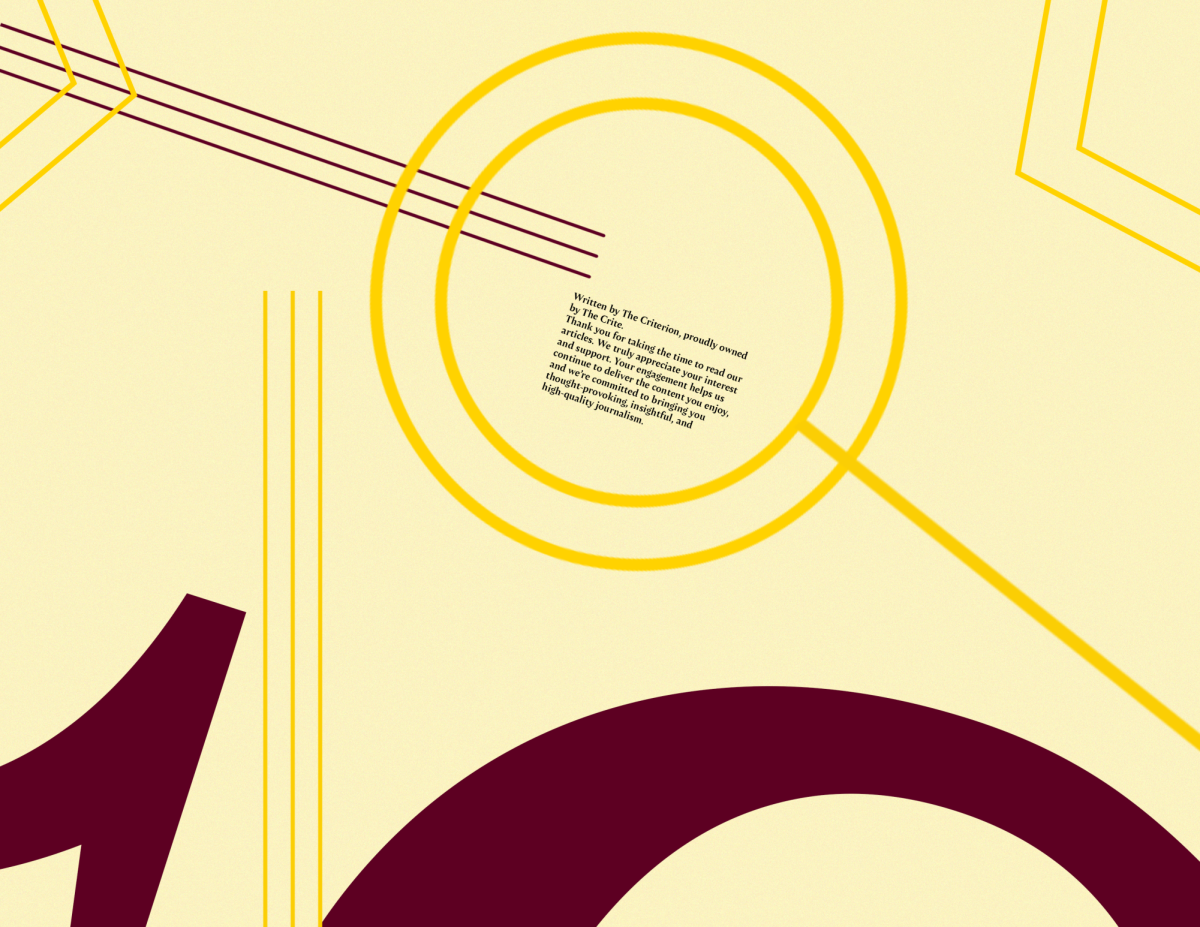In most of history, men have dominated the STEM field. In more recent years, women have been taking it by storm.
Shay West is an Instructor of Biology at Colorado Mesa University (CMU) and has a PhD in Biophysics and Genetics. West studied Alzheimer’s disease as a graduate student.
“When I first joined the lab, the Principle Investigator (PI) gave me a choice between a project involving spinal cord injuries and the one involving Alzheimer’s. Since the brain has always fascinated me, I chose the latter. I had a lot of encouragement from family and friends and the post-doctoral fellow in the lab, Dr. Kenneth Minor. He went on to study spinal cord injuries in another lab. I think that women in sciences are becoming more commonplace,” West said.
“I really never gave it much thought when I was choosing my career path; I had a passion for science and graduate school seemed the perfect fit. I feel it’s important to encourage young women to pursue a career they’re passionate about. There is such a variety of options in STEM that can play on their strengths and allow them to shine and make critical contributions for the betterment of mankind and planet Earth.”
CMU has strong STEM departments, most recently building a new area of study for upcoming Physician’s Assistants with a $3 million donation from St. Mary’s Hospital. STEM scholarships are also prevalent, some are even geared toward women. More and more schools are improving programs, which gives women a great chance to start to rise in the field.
“Herpetology (the study of reptiles and amphibians) has been an interest of mine since I was young. Reptiles and amphibians include some of my favorite animals and I learned when I was young that many were experiencing population declines due to diseases, climate change, and habitat destruction. I wanted to do research that would help understand the disease side of amphibian population declines. During college, early research experiences supported my growth as a young scientist and confirmed that scientific research & education was the career path I was passionate about,” Denita Weeks, an Assistant Professor of Biological Sciences at CMU said.
Weeks teaches microbiology courses and focuses her research on fungal wildlife diseases that affect amphibians. When talking about her inspiration, Weeks mentioned her parent’s constant encouragement and a Dr. Karel Rogers, who walked her through being a scientist and became her academic advisor. Weeks then received the Ronald E. McNair Scholarship and that carried her through to her Masters and PhD at the Grand Valley State University.
“Herpetology is traditionally a male-dominated area of science. I think many find it difficult to imagine that women research scaly and slimy animals like snakes, lizards, or frogs. As a broad field that encompasses a lot of specialized areas of research, it is difficult to say how many women are in the field. However, a study of scientific authorship in the field of herpetology from 2010-2019 found that only about 30% of scientific papers were authored by women,” Weeks said.
“Scientific publications are important in my field so these numbers likely reflect that there are fewer women in the field rather than a lack of publication from female herpetologists. I’ve also been in the minority as a woman in many herpetological meetings or field outings. Yet, some of the most foundational research in my field has come out of the research labs of female herpetologists, so I’ve had some stellar female scientists as role models and mentors.”
Science specifically has been perceived as closed to women, but that is quickly changing. Some of the greatest scientific discoveries, such as x-rays and cancer treatment were discovered by women. This is why many universities are offering more scholarships to women in STEM.
“Everyone sees the world from a different perspective and, in turn, poses questions about the world around them based on their experiences. Unique perspectives help solve problems and advance the fields of science, technology, engineering, and mathematics. We need more women in STEM to offer those unique perspectives and establish a strong foundation of female role models for generations to come,” Weeks said.









